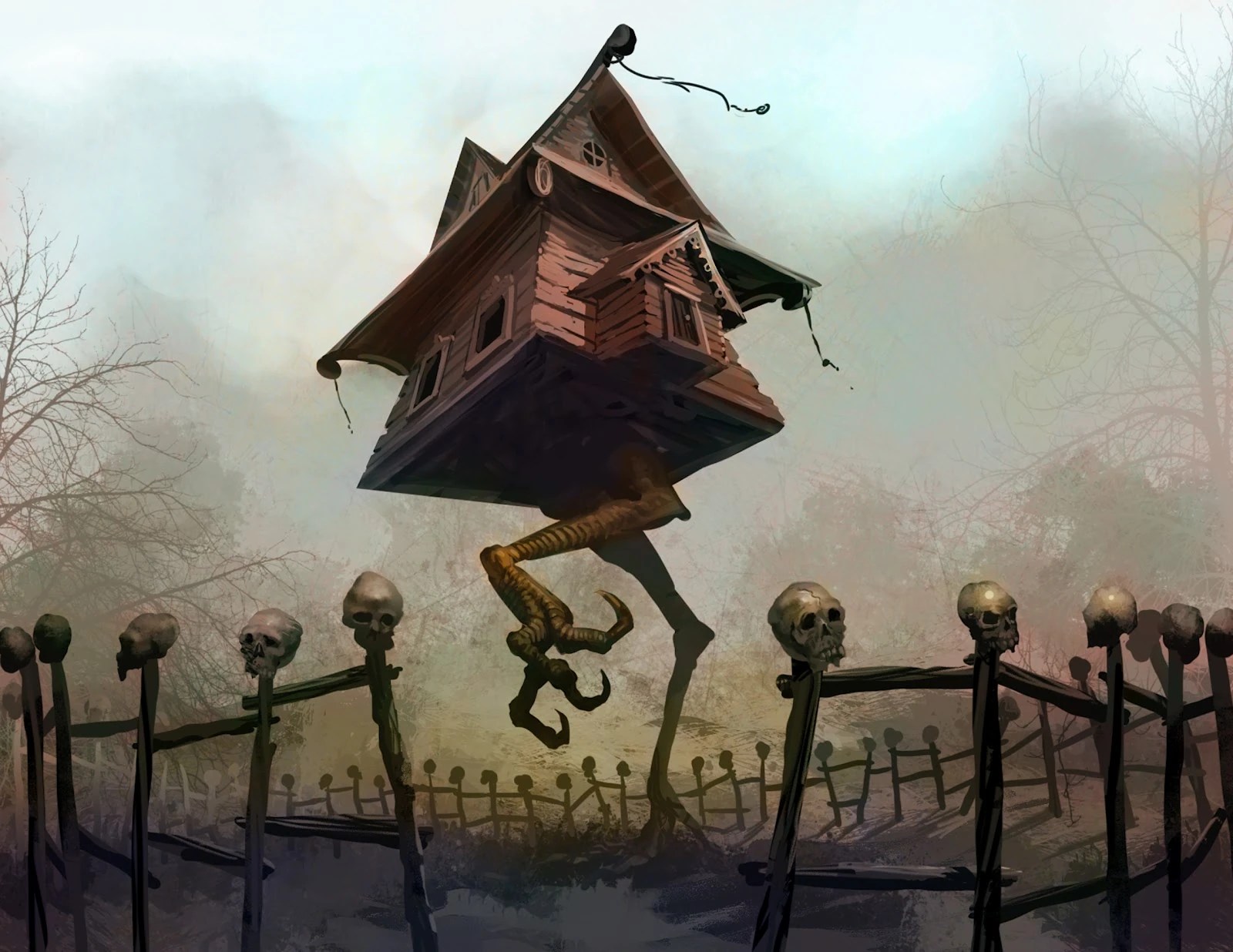[Kostenlos] 56 Russian Folklore Baba Yaga

8 9 in annie baker s 2017 play the antipodes one of the characters sarah tells a story from her childhood that is reminiscent of the story of vasilisa.
Russian folklore baba yaga. Indeed these names sound roughly the same. Very merry the two of them were together and they used to smile at each other over a table piled with bread and jam and play peek a boo first this side of the samovar and then that. In slavic folklore baba yaga bulgarian. Baba yaga is commonly illustrated as riding around on a mortar rather than a broom wielding a pestle as both a flying aid and a wand. Her fence is topped with human skulls. Baba yaga is the most popular and complex character in russian folktales and traces its origins to the ancient slavic goddess who was the link between life and death or our world and the underworld. Forrester author sibelan zipes jack.
It seems the screenwriters confused two russian mythological creatures. Again the children heard her hurry after them and so they threw down the comb. It is found deep in the woods standing on magical chicken legs with a rooster s head on top. The wild witch of the east in russian fairy tales. The second nickname of yaga is bone leg and her hut is surrounded by a fence of human bones and skulls. Today she is known as an ugly wicked old sorceress who lives in a hut on chicken legs deep in a forest and threatens to eat travelers and children. Tales involving her usually take place at her hut.
сказка о бабе яге skazka o babe yage once upon a time an old man a widower lived alone in a hut with his daughter natasha. ба ба яга is a supernatural being or a trio of sisters of the same name who appears as a deformed or ferocious looking old woman in russian folklore baba yaga flies around in a mortar wields a pestle and dwells deep in the forest in a hut usually described as standing on chicken legs. Baba yaga is a very old character in slavic mythology. Legend says her hut is surrounded by a fence made of human bones. This time a forest appeared a dark and dusky forest in which the roots were interwoven the branches matted together and the tree tops touching each other. A baba yaga story flips the script by painting vasilisa as a villain and baba yaga as an elderly woman who is framed by the young girl. But babayka is a russian word for the creature that.
Baba yaga also spelled baba jaga in slavic folklore an ogress who steals cooks and eats her victims usually children. A babayka and the baba yaga.











































/GettyImages-1070188196-90cf3b49be1c4cd2aedf463390924dd1.jpg)











































:max_bytes(150000):strip_icc()/GettyImages-1126050143-adb629477cb84105a738769d991383aa.jpg)




